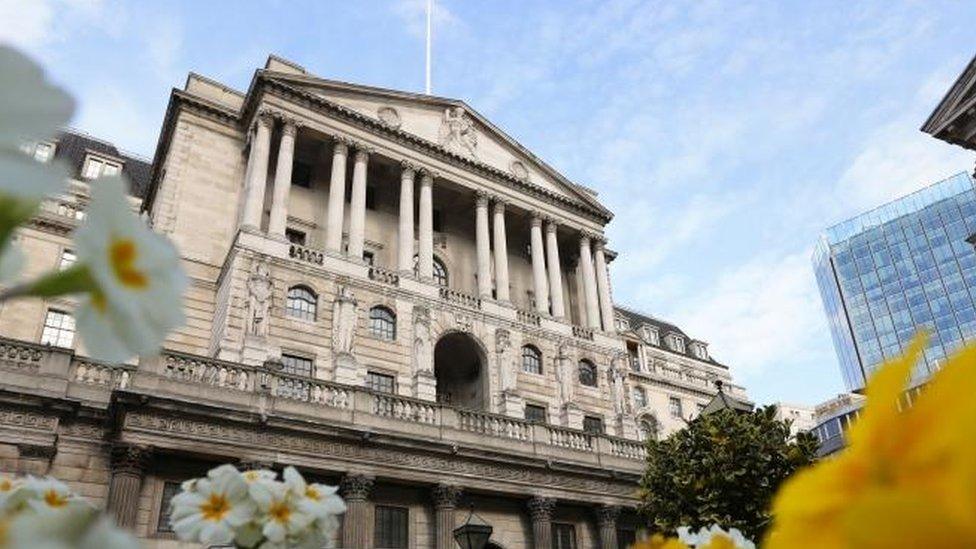Brexit has had 'no major effect' on economy so far
- Published
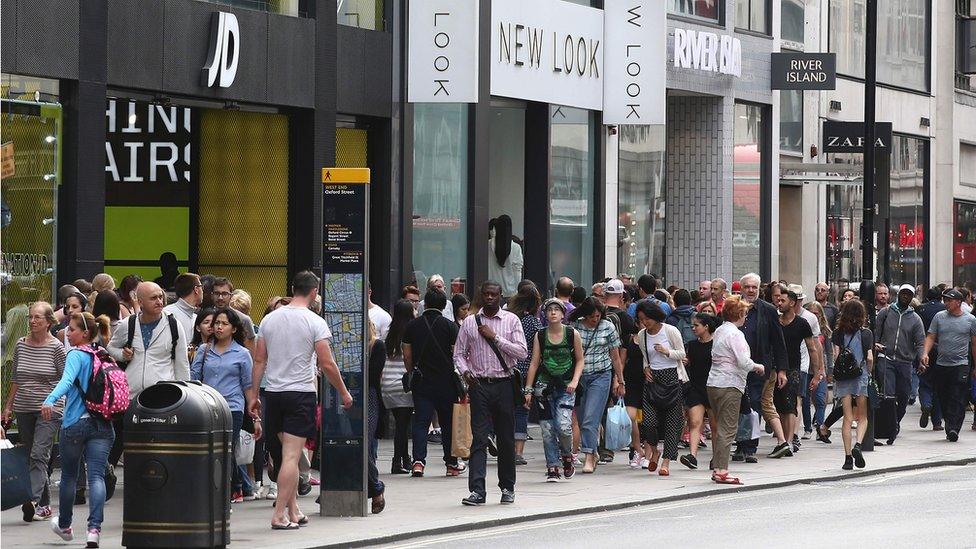
There has been little impact of the Brexit vote on the UK economy so far, says the Office for National Statistics (ONS).
"The referendum result appears, so far, not to have had a major effect," its chief economist Joe Grice said., external
Official figures have not yet reflected the collapse in confidence predicted by some surveys since the referendum.
But the ONS warned that we have not yet had official figures for the service sector, which are due next week.
The services sector accounts for more than three-quarters of the economy - the index of services for July - and is out on 30 September.
'Dramatic deterioration'
The first estimate of how the whole economy fared in the three months after the referendum will be released on 27 October.
There were stark warnings during the referendum campaign of the short-term effects of a vote to leave the European Union.
And in July, these appeared to be borne out when the results of a closely-watched economic survey indicated a "dramatic deterioration" in activity.
IHS Markit's survey suggested both the manufacturing and service sectors had suffered a decline in output and orders.
However, subsequent surveys from the same body have indicated that activity in the manufacturing and service sectors has bounced back.
The effects of the Brexit vote have not yet appeared in official figures.
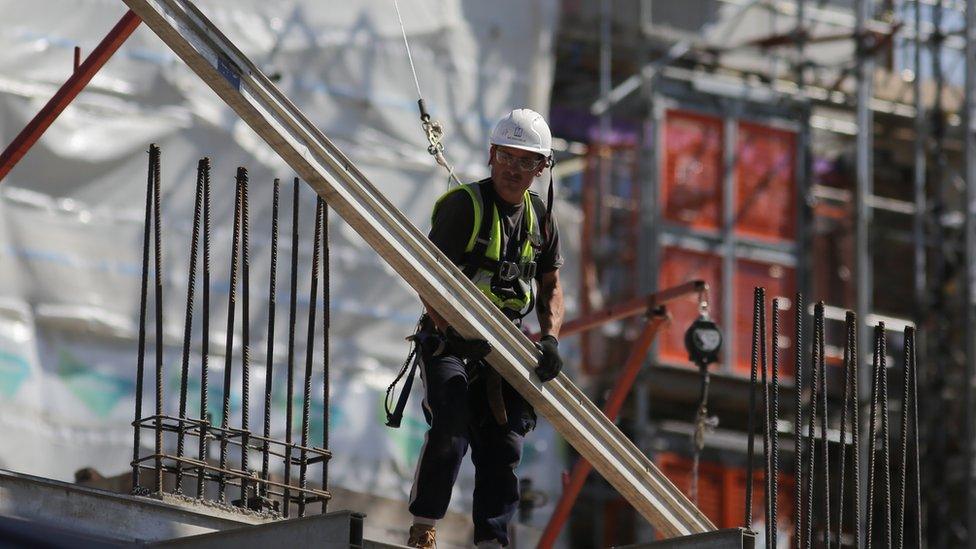
UK construction activity fell in July but the ONS said there was "little evidence" to suggest the referendum had an impact
The manufacturing and construction sectors have followed much the same trends as they had in previous months, while the ONS said the rise in inflation could be largely accounted for by last year's declines coming out of the annual figures. Employment figures for the three months to the end of July remained strong.
Retail sales fell 0.2% in August, but had grown 1.9% in July. "So far there are no signs of a sharp collapse in consumer confidence as some early fears had suggested," the ONS said.
'Uncertainty'
But Mr Grice stressed that the figures seen so far were short-term indicators. "It hasn't fallen at the first fence but longer-term effects remain to be seen," he said.
He was backed up by the Organisation for Economic Co-operation and Development which, while revising its prediction of growth in the UK in 2016 up slightly to 1.8%, also halved its forecasts for 2017 from 2% to 1%.
Chancellor Philip Hammond responded to the forecast by saying: "The OECD highlights uncertainty in their outlook and, while I recognise that there may be difficult times ahead, I am confident that we have the tools necessary to support the economy."

The ONS report in numbers
Manufacturing output fell 0.9% in July
Construction output was flat in July
Annual growth in house prices fell from 9.7% in June to 8.3% in July
The UK's goods deficit narrowed by £1.2bn in July
The unemployment rate in the May to July quarter was 4.9%

The Bank of England's agents' summary of business conditions, external covering the period from May to August this year said: "The annual rate of activity growth had slowed overall as uncertainty rose following the EU referendum, although it remained positive."
"However, business sentiment improved slightly in August following a marked dip in the immediate aftermath of the referendum."
Allan Monks, an economist at JP Morgan, said the Bank's report pointed to a "clearer Brexit impact ahead".
He said: "Readings on employment, and, particularly investment intentions, over the forthcoming year show a marked deterioration within service sector industries."
- Published21 September 2016
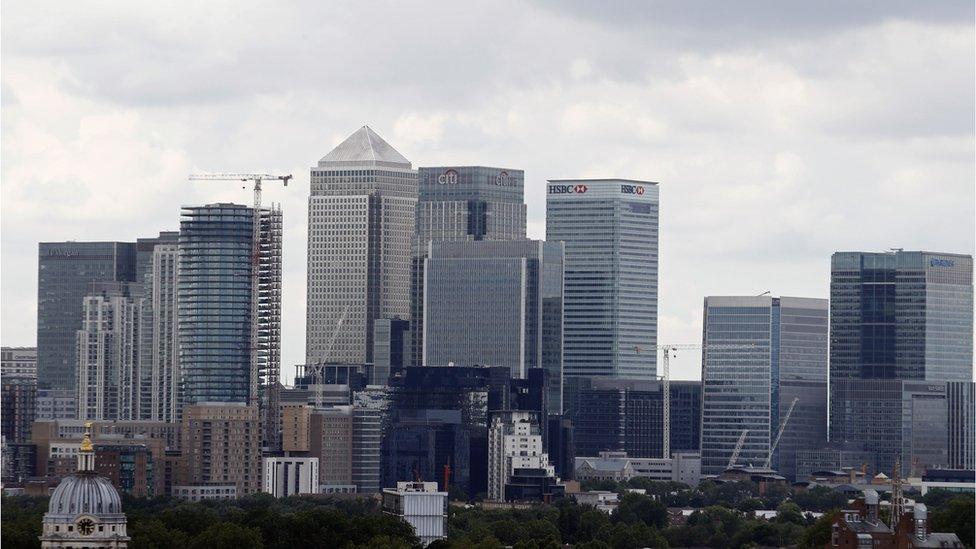
- Published21 September 2016
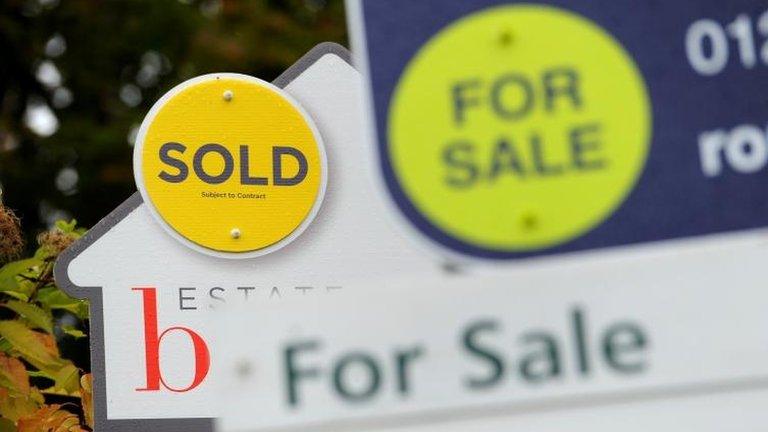
- Published21 September 2016
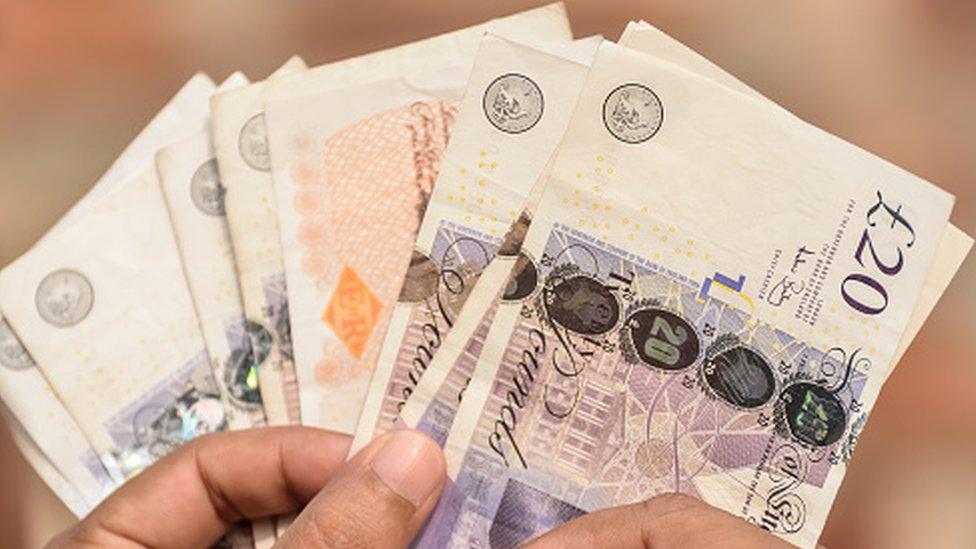
- Published15 September 2016
- Published15 September 2016
